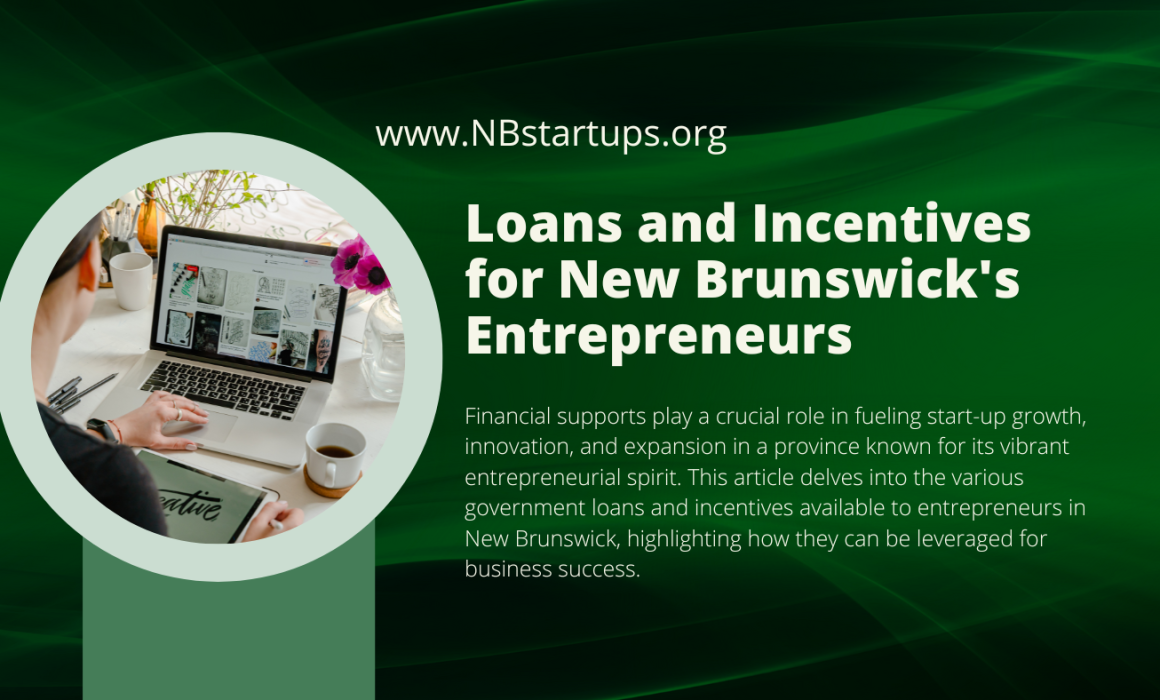As you start a business in Canada, one of the more challenging steps is creating a business plan. What to write, how to write it, what to include and what not to include – it becomes more challenging the more you think about it.
We’ve created a 20 Minute Business Plan template for you. More so, a business plan canvas that you can get done in literally 20 minutes – to kick-start your business, apply for funding, and more.
 Download the Free Business Plan Here
Download the Free Business Plan Here
The 20-Minute Business Plan
If this hits home for you, take comfort in knowing you are not alone and that there is still time. Time to lay out your ideas for your business, to create a plan, to figure out how you will find the money to do it, and to start applying for those funds. It is not too late to accomplish your business goals for 2024.
But you do have to start now!
Need help getting in the ‘mood’…the entrepreneurial mood, that is! We’ve got you covered.
The Business Model Canvas is just the tool you need to get your small business gears a-grinding. We call it the 20-Minute Business Plan as it will get you thinking and considering all of the most important aspects of your business, its goals and how you intend to achieve them….without getting into all of the nitty-gritty details of a traditional Business Plan.
You can complete your entire canvas on a single page, in just 9 small sections that cover all the key aspects of any business: what the business offers, its team members, its customer-base, its partnerships and revenue streams.
The Business Model Canvas you create will provide focus on what’s driving the business; flexibility to modify and try different things; as well as transparency.
 Download the Free Template Now
Download the Free Template Now
Download your very own Business Model Canvas and dedicate 20-minutes of your time to achieving your 2024 business goals. Follow the included instructions to properly complete each section of the canvas and reveal the next steps for your small business.
Already have a Business Model Canvas? Get one of our other helpful downloads below:
Small Business Funding Course
Fishing For Funds: A Startup Funding Checklist
Funding Program Fact-Sheet: The Canada Small Business Financing Program
Business Plan Essentials
Ready to start your Business Model Canvas? If you have any questions at any point, feel free to contact us to help you get through it. Good luck!







Recent Comments